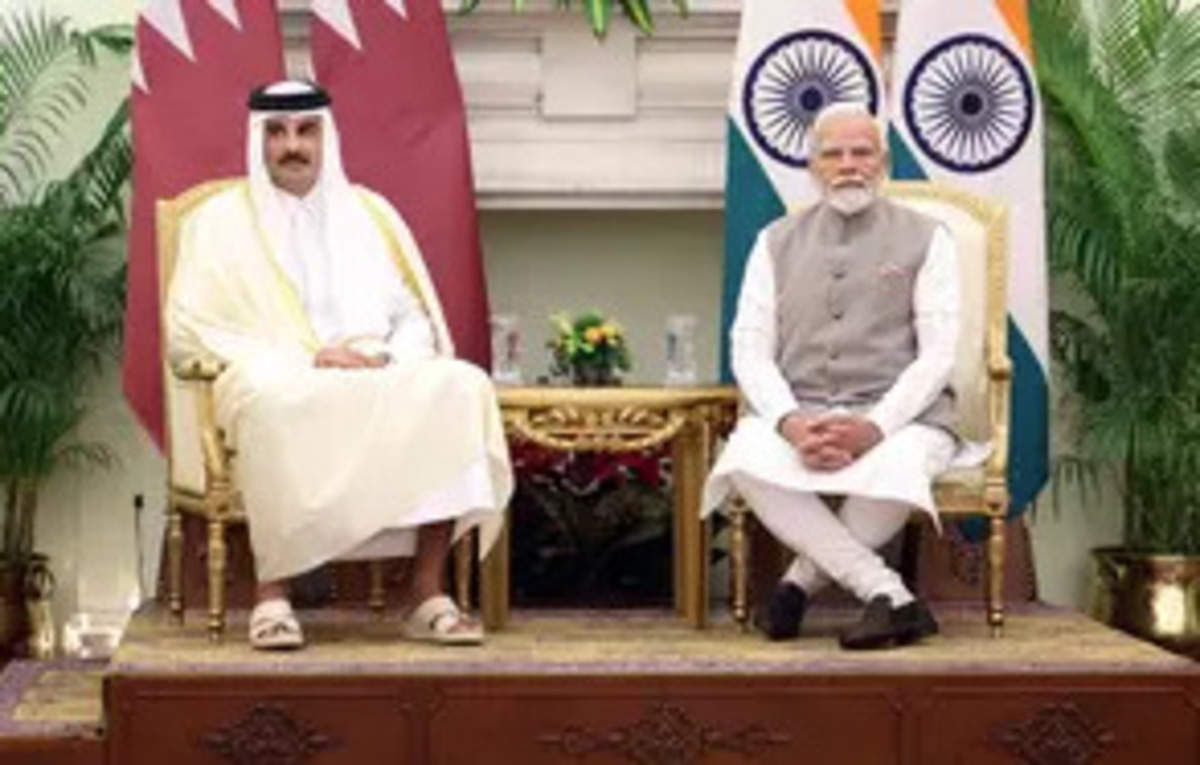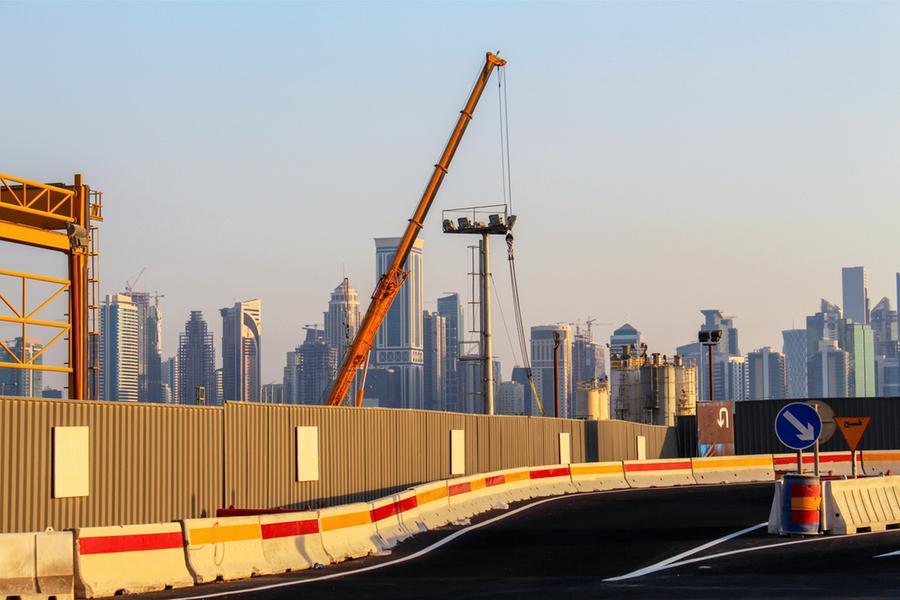US envoy meets with Israeli leaders as tensions with Hezbollah escalate

A senior United States diplomat has met Israeli leaders and will later visit Lebanon as part of a push by Washington to defuse tensions between Israel and Hezbollah.
US envoy Amos Hochstein arrived in Israel on Monday and held talks with Prime Minister Benjamin Netanyahu, President Isaac Herzog and Defense Minister Yoav Gallant.
Gallant’s office said the minister “provided a situation assessment of developments on Israel’s northern border, emphasizing the daily attacks conducted by Hezbollah against Israel’s northern communities and detailing the [Israeli military’s] efforts to thwart Hezbollah terrorists and infrastructure”.
“Minister Gallant and Mr Hochstein discussed the security situation at length and its impact on the region,” it added.
Hochstein’s visit comes amid growing fears of an all-out war between Israel and the Lebanese group Hezbollah that could potentially lead to an even wider regional conflict.
Hezbollah had stepped up attacks against Israel in the past week after the killing of one of its top commanders in an Israeli air raid on southern Lebanon.
But the Iran-aligned group, which has been targeting Israeli military positions nearly daily since the war in Gaza broke out, has not announced a new attack against Israel since Saturday evening.
It is not clear whether the lull, which coincided with the Eid al-Adha Muslim holiday, is linked to Hochstein’s visit to the region.
On Monday, the Israeli military said it killed a Hezbollah member in a drone strike, describing him as a “central operative” in the group’s rockets division.
The Wall Street Journal reported earlier that Hochstein is holding indirect talks with Hezbollah, which is designated as a “terrorist” organisation by Washington, through Lebanese Parliament Speaker Nabih Berri, a close ally of the group.
The sides are discussing a “preliminary agreement” to end the hostilities, according to the newspaper.
Later on Monday, the administration of President Joe Biden stressed that it does not want to see escalation at the Lebanon-Israel border and suggested that the US is advancing a proposal to avert a large-scale conflict.
“There is a diplomatic framework that we believe is reachable that would resolve this conflict without a full-on war,” State Department spokesperson Matthew Miller said.
Hochstein’s official title is special presidential coordinator for global infrastructure and energy security. But after he helped broker a deal in 2022 to resolve a maritime border dispute between Lebanon and Israel over oilfields in the Mediterranean Sea, he became a de facto US envoy for the two countries.
He has visited the region frequently in past months.
The US has said it wants a diplomatic resolution to the crisis at the Lebanon-Israel border. Hezbollah has said it will not halt its attacks until the war on Gaza ends.
The Lebanese organisation started attacking military bases in northern Israel the day after the outbreak of the war on Gaza on October 7 in what it says is a “support front” to back Palestinian armed groups.
Israel responded by bombing villages across southern Lebanon and targeting Hezbollah positions. Despite the frequent violence, the confrontations have largely been limited to the border area.
Israeli officials have promised to push Hezbollah back from their country’s northern borders. “We want this to be resolved either diplomatically or militarily,” Israeli government spokesperson David Mencer said on Monday.
“The current state of affairs is not a sustainable reality – 5,000 rockets raining down on our north, making the north uninhabitable.”
The violence has displaced tens of thousands of people on both sides of the border, piling pressure on Netanyahu’s government, which is struggling to deter Hezbollah and achieve its war aims in Gaza.
Netanyahu dissolved his war cabinet on Monday, eight days after his political rival Benny Gantz quit the emergency government that was formed to oversee the war in Gaza.
Some Israeli officials have been calling for a more forceful response to Hezbollah’s attacks.
For its part, the US has been pushing for a truce in Gaza that it said would pave the way to restoring calm between Hezbollah and Israel.
“Our assessment of the situation continues to be that the best way to get a diplomatic resolution in the north – which we think all sides ultimately prefer – is to reach a ceasefire in Gaza,” Miller, the State Department spokesperson, said.
Last week, Gallant rejected a French proposal for Israel, France and the US to form a working group to help avoid war at the Lebanese border.
“As we fight a just war, defending our people, France has adopted hostile policies against Israel,” Gallant said in a statement. “In doing so, France ignores the atrocities committed by Hamas against Israeli children, women and men. Israel will not be a party to the trilateral framework proposed by France.”
Related
Ashghal commences roads, infrastructure development in Birkat Al Awamer
Doha, Qatar: The Public Works Authority 'Ashghal' started the implementation of the Roads and Infrastructure Development Project in Birkat Al Awamer. T
India-Qatar trade agreement must be approached with caution: GTRI –…
India should tread cautiously on a potential free trade agreement (FTA
Qatar’s Ashgal likely to award industrial areas infra consultancy contract…
Qatar’s Public Works Authority (Ashghal) is expected to award the design and lead consultancy contract for the North of New Industrial Area Roads and Inf
Qatar’s $2.5bn green bonds fund enhances renewable energy and infrastructure
Doha, Qatar: Qatar continues to boost its investments in sustainable development, demonstrating its competitiveness on the global stage. An official no












